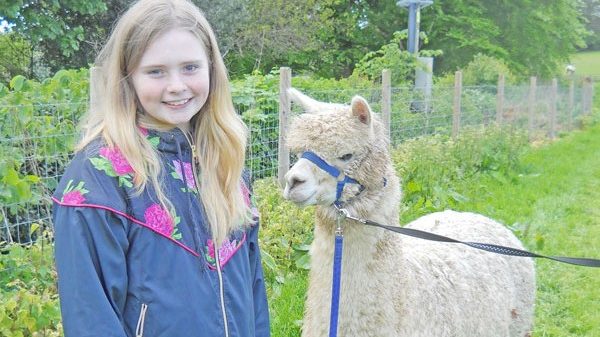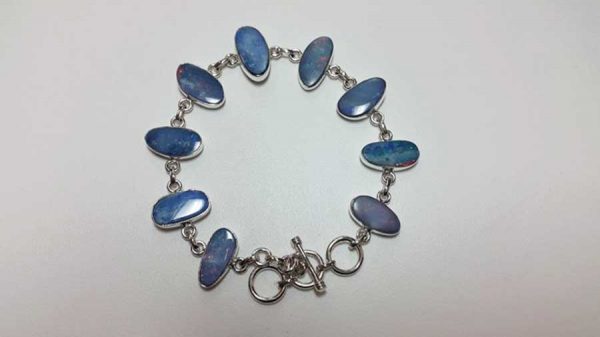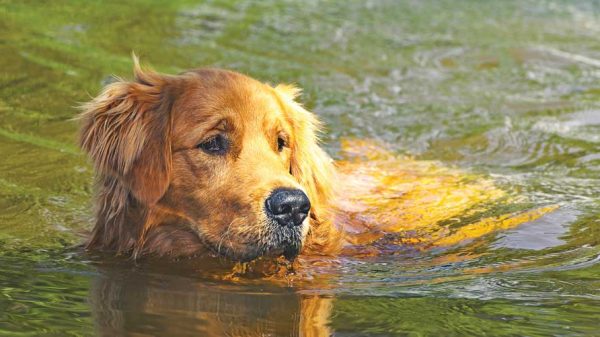As the temperature drops through the winter months, the UK’s largest vet charity PDSA is warning owners to take extra care of their four-legged friends. Despite their fur coats our dogs need a little extra TLC when it’s cold to ensure they’re safe and warm as the winter frost bites.
As the evenings are darker and the weather gets colder, it can be difficult to adapt for both us and our dogs.
Here are PDSA’s top tips for taking care of your dogs this winter, so you’re prepared whatever the weather.
KEEPING SAFE OUTSIDE
The winter season isn’t always the most pleasant for our pets – take extra care when outdoors and watch out for these common winter hazards:
●
Salt and grit – used on roads in winter can irritate pet’s paws. If you end up walking on salt and grit, be sure to wash your pet’s paws upon returning home. For an added layer of protection, you could apply a thin layer of paw butter or other pet-safe skin cream to your dog’s pads to help protect them from cracking.
●
Snowy paws – the snow can build up on dogs’ paws and cause them discomfort, so prepare paws by keeping hair between pads trimmed, so there’s less hair for snow to gather on. When you get home from your snowy walk, check your dog’s paws and soak off any snow in warm water.
●
Antifreeze and de-icer – used to stop cars icing up in winter but it’s incredibly toxic for animals and can be fatal if ingested. If you suspect your pet may have licked some antifreeze, contact your vet and get them to your vet for treatment straight away, so they can start treatment immediately. Never wait for symptoms to appear. Keep antifreeze out of the reach of pets and clean up any spills really thoroughly – so no one is put at risk.
●
Storms and floods – can cause havoc, so it’s best to be prepared for bad weather over winter. Take a look at our stormy weather advice.
●
Poisonous plants – like holly, ivy and poinsettia are all toxic to pets if they eat them. For peace of mind, keep them out of your pet’s reach. See our full list of poisonous plants for more information.
WINTER WALKIES
Many dogs still love the chance to go out on adventures during the colder months, here are a couple of tips when exploring the great outdoors in winter:
●
Take extra precautions during walks when the sun goes down – LED collars, hi-vis leads and coats, as well as a torch are great for lighting the way and being visible.
●
Some dogs grow thick furry coats all year round, so aren’t as bothered by the chilly weather, but some shorter-haired breeds, puppies and older dogs may need extra help staying warm and would benefit from wearing a coat in colder weather.
●
Staying active is really important, so you don’t let your pet become a winter couch potato!
●
If winter weather prevents you providing your pet with vital exercise, remember that if your pet’s activity level has dropped, so should how much you feed!
●
Always be extra careful and watch your step on walks, as icy surfaces can be just as slippery for our pets.
●
Frozen ponds may be enticing for curious canines, but are as dangerous to our pets as they are us. To keep your dog safe around bodies of water, keep them on a lead.
KEEP THEM WARM, COSY AND
ACTIVE INDOORS
Pets often enjoy the chance to snuggle down indoors when the temperature drops. There are a few things you can do to make staying inside more pleasant all round:
●
Your dog may really appreciate a few extra comfy spaces to curl up in around the house, or a few extra blankets for their bed to help them stay cosy and warm. Raise beds off the floor, so they’re not sitting in a cold draught.
●
It’s extremely important to keep your dogs active whatever the weather. If your pet is likely to miss out on vital exercise due to poor weather, ensure they have some toys to keep them entertained. Make sure you also engage in some enrichment activities with your pet, to keep their mind active too!
●
Dogs can start to get stiff joints and arthritis in their old age and sometimes colder weather can make this worse. Make sure you take good care of your older pet’s joints, especially in the cold.
In the cold temperatures it’s important to be aware of hypothermia. If our pets get too cold, they can be at risk of developing hypothermia. Find out what signs to look out for and how to prevent it happening at www.pdsa.org.uk.
For more information about having a fun and safe winter season with your pets, please visit www.pdsa.org.uk







